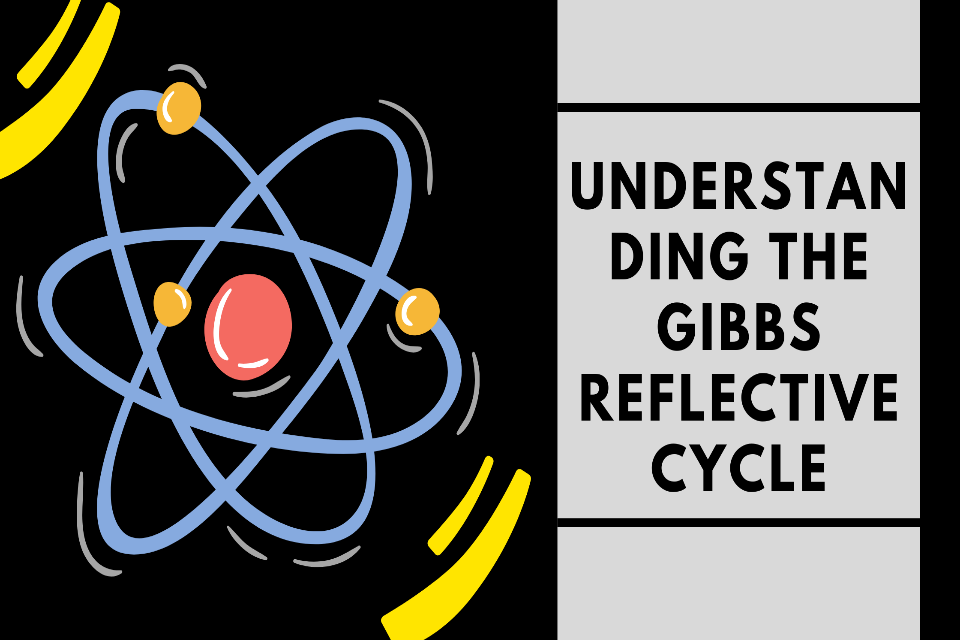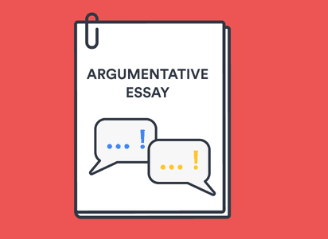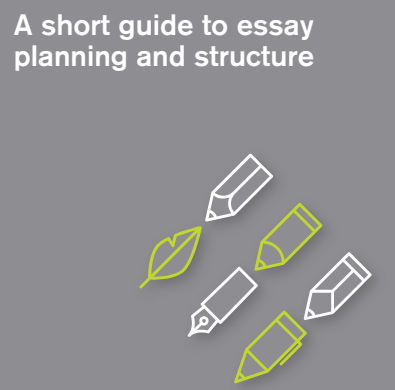Understanding the Gibbs Reflective Cycle

Are you attempting to examine an event or a scenario with the help of the Gibbs Reflective Cycle model? It is quite a popular technique to work with events which might be one-time events or recurring issues. One of the examples of the implementation of the Gibbs reflective is meeting with your project peers. Gibbs first advocated for applying this cycle model in repeating circumstances, but the same idea can also be applied to isolated, unique experiences. Gibbs Reflective cycle papers are assigned to students to urge them to develop systematic approaches to tackle scenarios or events they have encountered. However, before delving into the task, you must first understand the concept and history of Gibb’s reflective cycle.
Understanding the Gibbs Reflective Cycle
One of the most well-known theoretical frameworks that encourage individuals to interpret their experiences during a certain scenario or event is the Gibbs Reflective Cycle. The approach encourages people to pay closer attention and evaluate the effects of an incident, whether good or bad, by making people understand how they behave and identifying the areas that warrant improvement or change based on their own experiences.
The origins of the Gibbs reflective cycle
Professor Graham Gibbs developed his “organized debriefing” method to assist experiential training in 1988. In the same year, Gibbs initially detailed the approach in ‘Learning by Doing,’ issued by the Oxford Polytechnic. He was influenced by Kolb’s Learning Cycle, which Kurt Lewin influenced. The concept was created to examine experiences. Because of its cyclical nature, the Gibbs reflective cycle can be applied quite well to recurring experiences that can help people understand, prepare, and review events that have gone well or poorly.
The importance of Gibbs reflective cycle
It is a tool for self-reflection and organization. Practice-based learning enables people to think more clearly and methodically about the many experiences to interact with the learning process and develop conclusions critically.
The main steps of the Gibbs reflective cycle
It is divided into six phases. The first three stages focus on what transpired during the event, and three stages address how to enhance your experience in future situations similar to the one being analyzed.
Firsanalyzed Description
You should be able to illustrate your experiences in the initial stage. Provide the basic information and an accurate recollection of the incident as it transpired. Don’t rush immediately to the conclusion. This process is similar to laying the groundwork for further analysis and review. To deliver accurate and precise information for better comprehension, you can pose inquiries such as:
- What transpired?
- When and where did the event take place?
- What brought you there?
- What were your actions?
- How did others react?
- What occurred at the end?
Second stage: Feelings
Describe how you felt, your actions, and your thoughts about the incident in the second stage of the reflective cycle. Don’t attempt to judge or critique yourself during this stage. Express them openly. Recall what your feeling was before, during, and after the encounter. How did others react to the incident? How do you feel about the incident now?
Third stage: Evaluation
This is the portion when you evaluate your work. This section discusses your impression of how well or poorly events unfolded. To evaluate the event critically, you might ask questions such as, “was the experience good or bad?” Ensure to incorporate references in this stage of Gibbs’ reflective cycle. Students in law, nursing, and other fields employ the reflective technique in various projects. To get the most out of this approach, try to be truthful. You can utilize querieutilize
- What worked well?
- What didn’t work out so well?
- Was the problem eventually resolved? If so, why or why not?
- What good or bad impact did you have?
- What comments, favourable or bad, did others make?
Fourth stage: Analysis
After you’ve gathered all of the facts, you must examine the scenario, considering any factors that may have aided or hampered the problem. This stage aims to make you realize all the possibilities available to you if you find yourself in a similar circumstance in the future.
Fifth stage: Conclusion
It would help if you now drew a conclusion based on your analysis. First, summarise whatSummarizened from your experience. If you receive a good response, detail the steps you will take to assure a successful conclusion. Furthermore, describe how you plan to improve if the reaction is unfavourable. You can also tell ways to stop it from happening in the future. So, consider what qualities you can learn to enhance your situation. Are you able to implement those qualities immediately? How would you have reacted differently or done something differently if you found yourself in a similar situation? How would you be able to change negative consequences into good ones?
Sixth stage: Course of action
It is the final phase. Based on your findings, make the necessary modifications to better equip yourself for the next time a similar issue arises. Take positive measures and explain how you intend to follow them. You can use Gibbs’ reflective cycle template or seek professional assistance for citation assistance.
The advantages and drawbacks of the Gibbs reflective cycle
The Gibbs reflective cycle: Pros
- It is quite straightforward to understand and implement the theoretical model.
- The procedure can be used multiple times for different experiences.
- More practice will help you to get better at it.
- Advance practise improves your balance and accuracy of judgement.
The Gibbs reflective cycle: Cons
- The Gibbs reflective cycle is considered a reactive strategy rather than a proactive strategy.
- Many people say it’s shallow since there’s no mention of critical thinking.
- There are no scientifically established questions in the Gibbs reflective cycle.
- Some individuals find difficulty in expressing their emotions. This approach is inapplicable there.
- A beginner may fail to perform the study efficiently if a tutor or an experienced trainer does not accompany them.
Frequently Asked Questions
Q1. What is the importance of the Gibbs reflective cycle?
Ans. The main aim of Gibbs’ reflective model is to offer a framework that allows individuals to learn from previous events and experiences, helping individuals and groups to evaluate and develop themselves effectively and critically.
Q2. Who is the inventor of the Gibbs reflective cycle?
Ans. Graham Gibbs is credited with developing the Gibbs reflective cycle in 1988.
Q3. What are the six main stages of the Gibbs reflective cycle?
Ans. The six main stages include the following:
- Description
- Feelings
- Evaluation
- Analysis
- Conclusion
- Course of action
Total Assignment Help
Incase, you are looking for an opportunity to work from home and earn big money. TotalAssignmenthelp Affiliate program is the best choice for you.
Do visit :https://www.totalassignmenthelp.com/affiliate-program for more details
Total Assignment help is an assignment help Online service available in 9 countries. Our local operations span across Australia, US, UK, South east Asia and the Middle East. With extensive experience in academic writing, Total assignment help has a strong track record delivering quality writing at a nominal price that meet the unique needs of students in our local markets.
We have specialized network of highly trained writers, who can provide best possible assignment help solution for all your needs. Next time you are looking for assignment help, make sure to give us a try.
Looking for Assignment Help from Top Experts ?
Get the best Assignment Help from leading experts from the field of academics with assured onetime, 100% plagiarism free and top Quality delivery.



